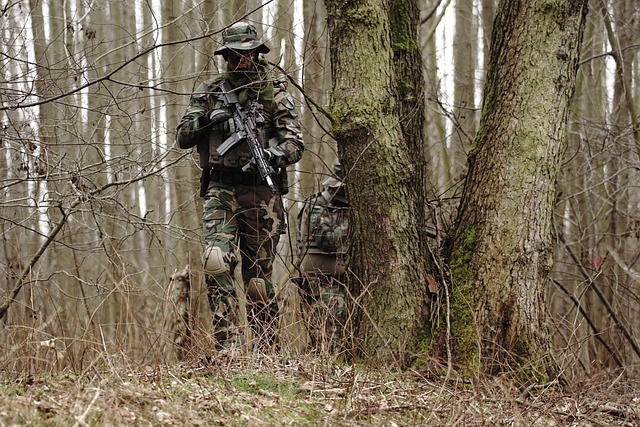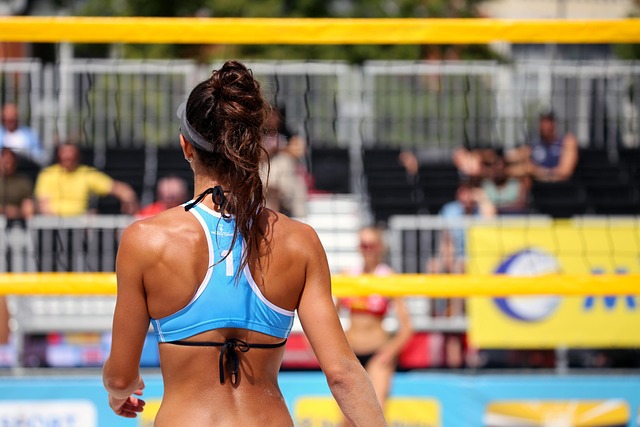In the realm of eSports, the essence of victory often lies not solely in individual skill, but in the power of a well-coordinated tactical team. As avid gamers strive for greatness in competitive environments, understanding the dynamics of teamwork becomes crucial. Whether you’re battling in a first-person shooter, strategizing in a real-time strategy game, or executing precise maneuvers in a multiplayer online battle arena, the significance of a united front cannot be overstated.
Every successful tactical team boasts its own unique synergy. This goes beyond just selecting the right characters or classes; it’s about understanding each player’s strengths and weaknesses and melding them into a cohesive unit. To achieve this, communication stands at the forefront. Utilizing voice chat, in-game commands, or external platforms such as Discord can dramatically enhance information flow. When a player calls for backup or signals an enemy’s position, timely and clear communication can flip the tide of battle.
Moreover, game knowledge is another cornerstone of effective teamwork. Each member should be well-versed in the game’s mechanics, maps, and strategies. This collective awareness allows for informed decision-making during critical moments, enabling a tactical team to adjust strategies on the fly. For instance, knowing when to retreat or push forward based on the team’s status can be the difference between life and respawn.
One of the key elements that often gets overlooked in tactical teams is the importance of role specialization. Just as in traditional sports, having designated roles can help streamline strategies and workflows. Whether it’s the sniper providing long-range support, the tank drawing enemy fire, or the healer keeping everyone alive, each role is vital. Players must embrace their assigned roles while also maintaining the flexibility to adapt when situations change.
Practice is indispensable in honing the skills of a tactical team. Regular scrimmages, reviewing gameplay footage, and analyzing strategies can help teams identify weaknesses and areas for improvement. These sessions not only build individual skills but also foster team cohesion, allowing members to better anticipate each other’s actions and reactions during live matches.
Additionally, fostering a positive team culture is essential. Competitive gaming can be intense, and emotions can run high. Encouraging a supportive environment where team members can express concerns without fear of backlash is crucial for sustained success. Constructive feedback should be the norm, turning every defeat into a stepping stone for growth rather than a source of frustration.
Finally, it is important not to lose sight of the fun and camaraderie that gaming brings. While competition can be fierce, the friendships and memorable moments shared among a tactical team can often outweigh any single victory. Embrace the spirit of gaming, and remember that every match is an opportunity to bond and build lasting relationships.
In conclusion, mastering the art of tactical teamwork requires commitment, communication, and practice. As eSports continues to grow, understanding how to function effectively within a tactical team will give gamers an edge, helping them cultivate not only their skills but also lasting friendships in the exhilarating world of competitive gaming.




